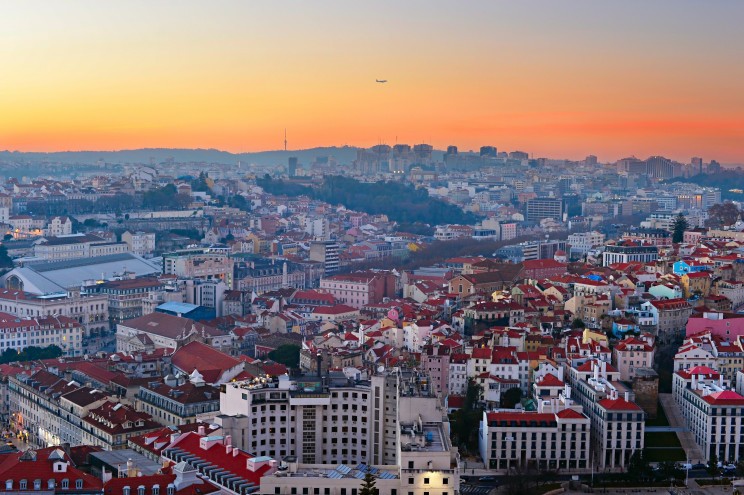
Lisbon is the city with the 37th best quality of life in the world, having risen one place in the ranking compared to last year. The Portuguese capital is still the 31st safest city on the planet, rising 12 places compared to 2005. This is according to Mercer's "Quality of Living 2019" study.
According to the consulting firm, Vienna is the city with the best quality of life in the world for the 10th year in a row. Next on the list are Zurich (Switzerland), Vancouver (Canada), Munich (Germany) and Auckland (New Zealand), in that order.
Lisbon, which is in 37th position, is ahead of cities such as London (United Kingdom), New York (USA), Madrid and Barcelona (Spain), and Paris (France).
"Mercer’s 21st annual Quality of Living survey shows that many cities around the world still offer attractive environments in which to do business, and the best understand that the quality of living is an essential component of a city’s attractiveness for businesses and mobile talent," says the consultant in a statement.
What are the safest cities in the world?
As far as the safest cities in the world are concerned, the ranking is led by Luxembourg. Basel (Switzerland), Bern (Switzerland), Helsinki (Finland) and Zurich (Switzerland) are next in the table in that order. Lisbon has risen 12 positions compared to 2005 and is now in 31st position, better than, for example, Dublin (Ireland), Paris (France) and Barcelona (Spain).
"With regard to the main conclusions that we have drawn internally, we realise that Lisbon, as far as security is concerned, has risen several positions compared to the same index that we launched in 2005. The city is going through a stable economic moment, with international investment, a relatively low unemployment rate and encouraging results in terms of exports. The quality of life in the Portuguese capital has been evolving in every way, making Lisbon an unavoidable choice at international level," said Tiago Borges, Rewards Practice Leader for Mercer | Jason Associates.
The study in question is done every year to allow multinational companies and other organisations to remunerate their employees fairly when they place them in international projects. It evaluates more than 450 cities around the world, and this current ranking includes 231 of these cities.